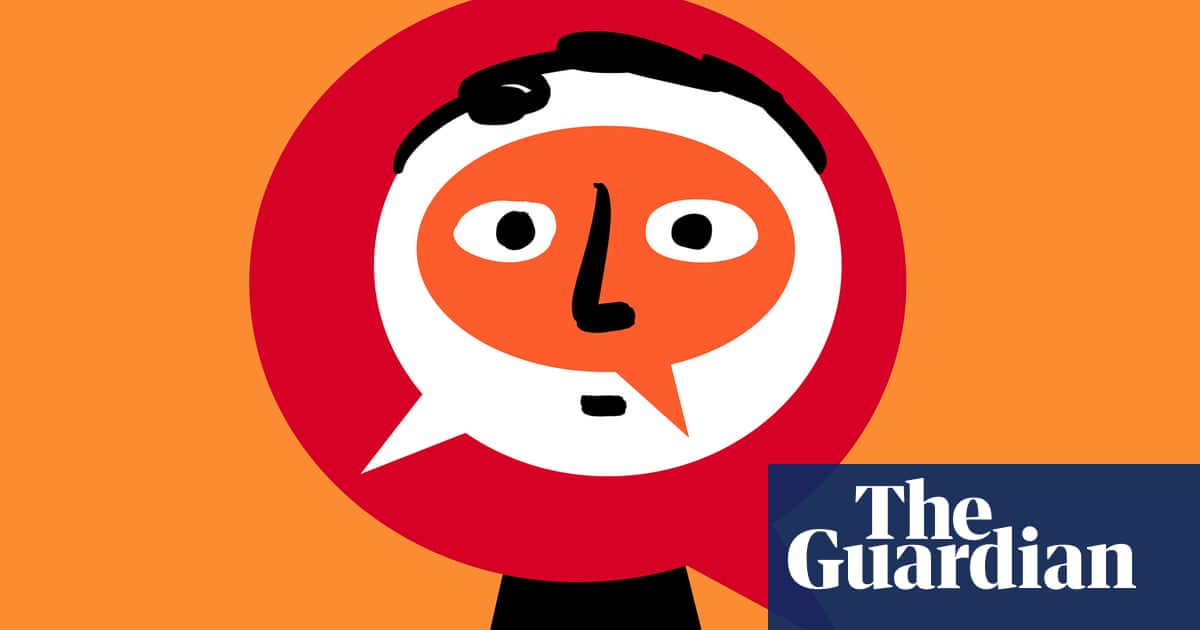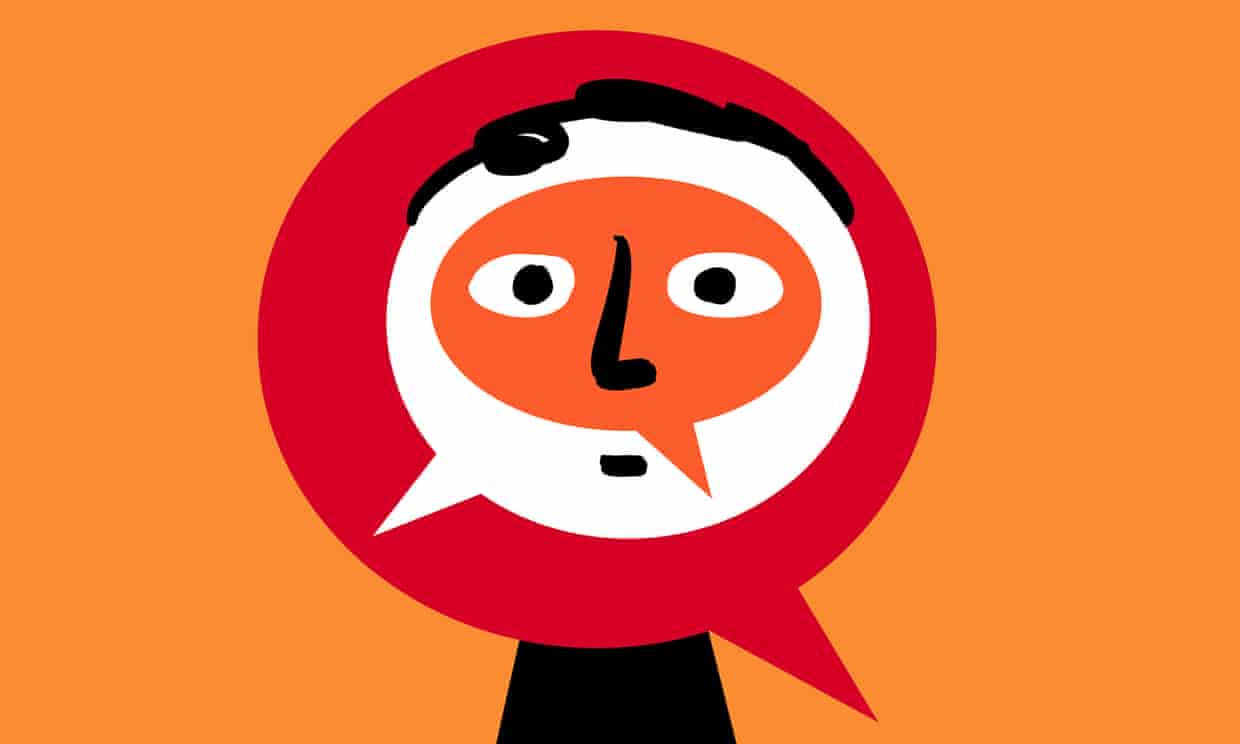Should we tell my grandson his father is a drug addict?


My grandson is 11 years old and knows that his dad (my son) is very unreliable, but he has no idea why. This breaks my heart as he feels his dad doesn’t love him. He is a much-loved boy, but my son has been addicted to drugs for years and is about to go into a long rehab programme. What do we say to his son? His mother (who has not had a relationship with my son for years, but is a great mum) is adamant that my grandson should not find out his dad is an addict. But how do we assure him his dad loves him when he is disappearing for such a long time?
Is 11 old enough for the truth or a version of the truth?
Yes, it is. But the difficulty here is that your instinct on how to handle this, and his mother’s, are different, so before anything else happens she and you need to have a conversation well out of earshot of your grandson. Perhaps show her this answer as a starter. It’s incredibly important that the adults in his life “have their story straight” – practising what to say beforehand may sound weird, but is beneficial.
I consulted two professionals about your letter: Ryan Lowe, a child and adolescent psychotherapist (childpsychotherapy.org.uk), and Prof Owen Bowden-Jones, a consultant psychiatrist with more than two decades’ experience in dealing with drug addiction issues, and the author of The Drug Conversation (which I recommend you and your grandson’s mother read).
We all agreed your grandson should be told the truth, in a safe environment and in an age/maturity-appropriate way. He should know he can ask questions afterwards. Because this won’t be one conversation you will have, but many. Think of telling him as less an event, more a process. I would recommend his mother considers a few sessions with a child psychotherapist (following the link above) where she can talk through her fears, so she is better able to talk to her son; he can be brought into the sessions afterwards.
Without knowing the truth about his dad, your grandson will be filling in the gaps and, as children internalise things, he may come to the conclusion that he’s done something wrong and that’s why his dad isn’t around or takes drugs. A child’s narrative that things going wrong is their fault is very strong, so he will need lots of reassurance.
Lowe wondered, what is “his mum’s reason for not telling her son?” That may give you a starting point to talk about this with her. Lowe thought it is a good sign you think she is a great mum.
Once, I hope, it has been decided she will talk to her son (she’s the best person to do it initially, unless she delegates), Bowden-Jones says the first thing to do is ascertain what he knows about drugs: don’t presume. So that’s a good way to start the conversation: “You may have heard people at school talk about drugs – what do you know?” (Talking about drugs is a continuing conversation all parents should have with their children, regardless of family history.)
Only you know the maturity and sensitivity of your grandson, but at 11, Lowe says “children can have quite a good grasp of the complexities of relationships and, with lots of adult support, would normally be able to make sense of issues such as addiction and even the reasons why addiction took hold. Processing pain and difficult information is a fact of life and the more practise the better.”
In terms of the addiction part, Lowe suggested something very pertinent: “Almost all addicts are in pain; addiction is not a toward-pleasure thing, it’s an away from pain one.” You don’t need to say that to him yet (it may be hard for him to think of his father in pain), but it may help you process the information, too.
Bowden-Jones also covers drug addiction and genetics in his book, in a section you should read, as it details some people’s in-built vulnerability to drug-taking and may be something to discuss with your grandson in time so that, going forward, he can make informed choices in his own life.
So advice to his mum or you: do your research about drugs, get support (useful links below), find a safe, calm place to tell him when there’s time to have a conversation, ask him what he knows about drugs, listen to his questions, answer him factually and calmly, let him know he can ask more questions, now or in the future. Don’t use euphemisms that may confuse him; don’t be afraid to say you don’t know – you can find out together. Let him visit his dad if there’s the opportunity to do so safely, and he wants to, to enable him to keep his relationship with his dad going.
talktofrank.com; adfam.org.uk; drugfam.co.uk. There is a useful video by Ryan Lowe on telling children the truth on YouTube
• Send your problem to annalisa.barbieri@mac.com. Annalisa regrets she cannot enter into personal correpondence
Comments on this piece are premoderated to ensure the discussion remains on the topics raised by the article. Please be aware that there may be a short delay in comments appearing on the site.
 Pathways Drug Rehabilitation Luxury Addiction Treatment & Detox Center
Pathways Drug Rehabilitation Luxury Addiction Treatment & Detox Center


